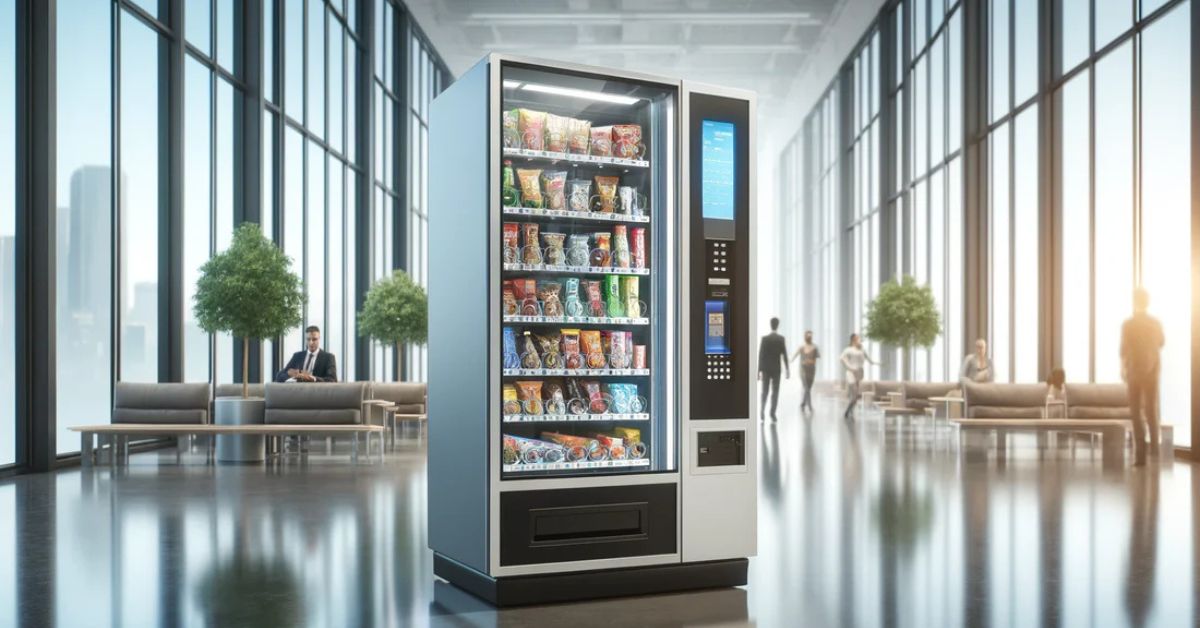Are you thinking about purchasing a vending machine to kickstart a new business or provide a convenient service for your employees or customers? Before making a purchase, it’s essential to consider several factors to ensure that you get the right machine for your needs. Here, we’ll outline the top things to consider before buying a vending machine.
Purpose and Location
Before buying a vending machine, you need to determine its purpose and location. Will it be used in an office, school, or public space? Will it be used to dispense snacks, drinks, or other products? The location and purpose of the machine will help you decide on the type of machine you need and the products you’ll stock.
Type of Machine
There are several types of vending machines available, including:
- Snack vending machines
- Soda vending machines
- Combo vending machines (dispense both snacks and drinks)
- Healthy snack vending machines
- Specialty vending machines (dispense products such as umbrellas, phone chargers, or personal care items)
Consider the type of products you want to dispense and the space available for the machine.
Size and Space Requirements
Vending machines come in various sizes, from compact machines that can fit in a small space to large machines that require a significant amount of floor space. Consider the space available for the machine and the size of the products you’ll be dispensing.
Product Selection
The type of products you’ll be dispensing is crucial in determining the type of machine you need. Consider the demand for certain products, the competition, and the profit margins. You may also want to consider offering healthy snack options or specialty products to differentiate your machine from others.
Machine Features
Modern vending machines come with various features, including:
- Cashless payment systems
- Credit card readers
- Mobile payment options
- Remote monitoring and inventory management
- Energy-efficient designs
Consider the features that are essential to your business and the products you’ll be dispensing.
Maintenance and Repair
Vending machines require regular maintenance and repair to ensure they continue to function properly. Consider the maintenance requirements of the machine, including the frequency of restocking, cleaning, and technical support.
Cost and Financing
The cost of a vending machine can vary significantly, depending on the type, size, and features. Consider the upfront cost, ongoing expenses, and financing options available. You may also want to consider leasing or renting a machine instead of buying one outright.
Warranty and Support
Look for a machine with a comprehensive warranty and technical support. A reputable manufacturer or supplier should offer a warranty that covers parts and labor for a certain period.
Energy Efficiency
Consider the energy efficiency of the machine, including the power consumption and environmental impact. Energy-efficient machines can help reduce your operating costs and minimize your environmental footprint.
Compliance and Regulations
Check if the machine complies with local regulations and laws, including health and safety standards. Ensure that the machine is designed and manufactured to meet the relevant standards and regulations.
Brand Reputation
Research the manufacturer or vending machine supplier reputation, including their customer service, technical support, and product quality. A reputable brand can provide peace of mind and ensure that you get a high-quality machine.
Return on Investment (ROI)
Consider the potential return on investment (ROI) of the machine, including the revenue generated, operating costs, and profit margins. A vending machine should generate a positive ROI to ensure that it’s a viable business opportunity.
By considering these factors, you can ensure that you get the right vending machine for your needs and make a successful investment in your business. Remember to research, compare, and evaluate different machines before making a purchase.
Conclusion
Buying a vending machine requires careful consideration of several factors, including the purpose and location, type of machine, size and space requirements, product selection, machine features, maintenance and repair, cost and financing, warranty and support, energy efficiency, compliance and regulations, brand reputation, and return on investment. By taking the time to evaluate these factors, you can make an informed decision and ensure that your vending machine business is successful.




